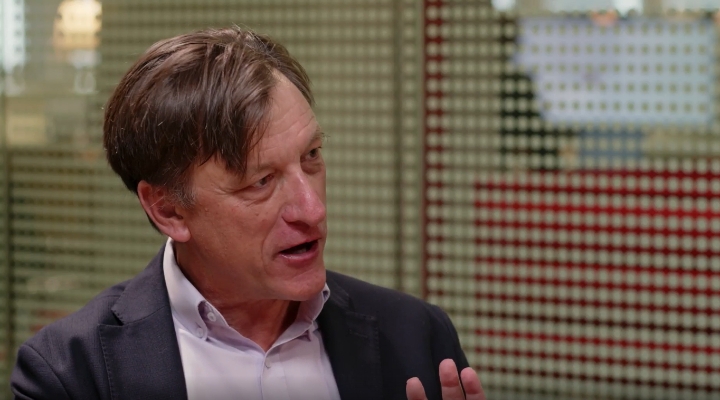
Sustainable investing could be set to benefit from millennials’ coming inheritance windfall, as younger generations continues to drive the trend.
However, wealth manager Barclays notes that the investment industry must engage older investors if the ESG movement - investing with environmental, social and governance impact in mind - is to gain maximum scale.
Barclays’ latest Impact Investing Report, which surveys 2,000 investors, shows the number of investors that have made an sustainable investment has increased by two-thirds, to 15%, since 2015. However, this increase has been driven by millennials.
Almost half of respondents under 40 had made an impact investment. That compares to 9% of those between 50 and 59; and just 3% of those aged over 60. Further, millennials said they would allocate three times as much of their portfolios to impact investing as the over 60s pledged.
With a significant intergenerational transfer of wealth on the horizon, that bodes well for the industry. Millennials are set to inherit a £1.2 trillion windfall from baby boomers in the next 30 years, according to a recent study by Sanlam UK.
As a result, there’s a clear need for the impact investment industry to develop products and services in order to attract and retain next generation wealth, according to Dr Peter Brooks, head of behavioural finance at Barclays.
Older Generation Still Needs Convincing
However, Barclays’ report counters that “the outcomes that impact investing hopes to achieve can’t wait for millennials to come into their future wealth”. “They require the engagement of the investors who hold the greatest wealth today and those groups who currently show less interest.”
That group is the older generation – and it is much more apathetic towards impact investing than its younger counterpart. For impact investing to become mainstream, says Damian Payiatakis, head of impact investing at Barclays, “the industry will need to build an approach that captures the interest of, and caters to, the whole spectrum of investors”.
That approach includes the need to tailor different approaches to different age groups, according to Brooks, who highlights the importance of engaging these different investors with “compelling stories”.
“By talking about specific examples of how impact investing can make a difference to the world, we really bring the concept to life for investors, whatever their motivations, attitudes and preferences,” he explains.
It also means implementing strategies to transition portfolios that have been invested for longer – and, in many cases, without in-built ethical solutions – towards this new world, a process that is not simple.
There’s also an issue of conversion. While the percentage of respondents that have used an impact investment now stands at 15%, the survey shows that, in fact, more than half of investors are interested in exploring impact investing.
So, there’s clearly a huge addressable market for impact investing to address, which is currently under-penetrated. Barclays says it defines impact investing as “investing to intentionally generate financial returns and positive societal outcomes, to protect and grow assets, whilst making a positive contribution to our world”.
The older generation is potentially still sceptical on the financial benefits for their portfolios, so it’s the first part of that definition that needs promoting.




























